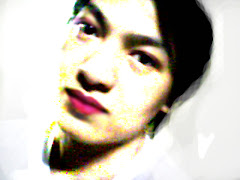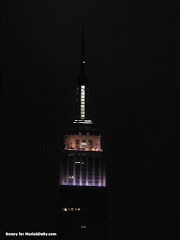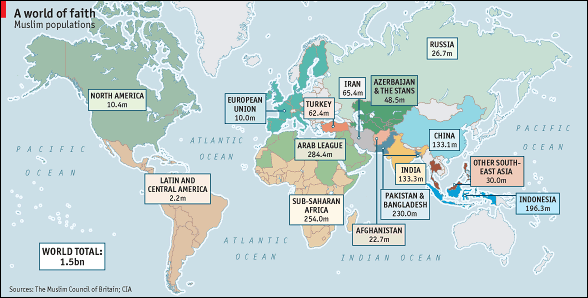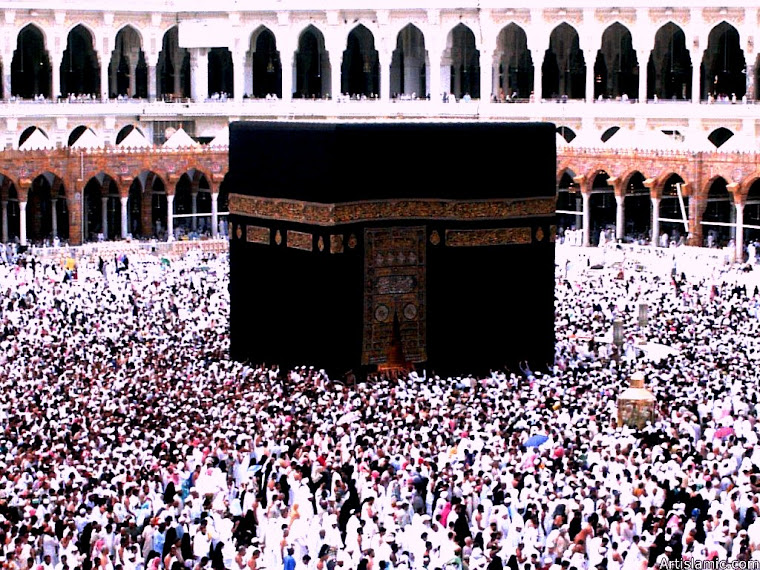End of Science? How did Horgan (a truth seeker, as he said it) in his thesis prophesied or predicted that the golden age of science (if there is such a thing or are we part of that age) is coming to its point where ceases to exist? Will it leads to Armageddon? Just to exaggerate my point. Is the tenet that he posited should be testable through experiments, empirical research, or has no answer at all? The research method he used is through primary and secondary sources like one-on-one interviews, conferences, seminars, books, recycled articles that he wrote, clippings and journals (scientific to be exact) may or may not suffice his proposition or theory of some sort.
Oh well, this is what writers do, but it's my first time to hear science writers, specifically whose job is to interview scientist, and he categorically belongs to this group of journalist. Will a science journalist has to be a scientist to understand the mind/views of scientists of pure science or be critical to the process of reporting and perform not just merely reporting or informing the audience? What's the goal, stimulate provocations or advocate new ideas to the readers for them to think? I, too, have these questions when I scan the subject-matter.
There's a lot of contentions regarding The Questions that needs corresponding The Answers as he saliently interpolated in the book. He asks, if science can attain absolute truth or it is limited of factors that are unknown yet. On the section of anxiety of scientific influence, Bloom said “science itself decrees that we humans must always be in context with partial truths.” Interesting to note, Lynn Margulis, the only woman he interviewed and described as a tomboy (physical description in a sense) and a dedicated feminist, stipulates that, “I don't think there's absolute truth, and if there is, I don't think every person has it.”
I liked the way Margulis answered Horgan, especially when she said, “scientists are no cleaner with respect to being untouched by culture than anyone else” and “ad hominem criticisms based on provocation adjectives rather than the substance of the issue” is what a journalist interested on them. That's why Witten doesn't want to give any personal answers, whereas Horgan is very much interested on the personal profile of scientists particularly giants like him (literally).
What is lacking in this book is that it doesn't represent the views or perception of most, if not, all scientist in the world, for he only approached those academic scientists (elite as what Caucasians want to perceived) from western countries particularly the United States and Western Europe only. If he will just open his mind that there may be interesting ideas from scientists in the east or from the far east as they say it.
Oh well, this is what writers do, but it's my first time to hear science writers, specifically whose job is to interview scientist, and he categorically belongs to this group of journalist. Will a science journalist has to be a scientist to understand the mind/views of scientists of pure science or be critical to the process of reporting and perform not just merely reporting or informing the audience? What's the goal, stimulate provocations or advocate new ideas to the readers for them to think? I, too, have these questions when I scan the subject-matter.
There's a lot of contentions regarding The Questions that needs corresponding The Answers as he saliently interpolated in the book. He asks, if science can attain absolute truth or it is limited of factors that are unknown yet. On the section of anxiety of scientific influence, Bloom said “science itself decrees that we humans must always be in context with partial truths.” Interesting to note, Lynn Margulis, the only woman he interviewed and described as a tomboy (physical description in a sense) and a dedicated feminist, stipulates that, “I don't think there's absolute truth, and if there is, I don't think every person has it.”
I liked the way Margulis answered Horgan, especially when she said, “scientists are no cleaner with respect to being untouched by culture than anyone else” and “ad hominem criticisms based on provocation adjectives rather than the substance of the issue” is what a journalist interested on them. That's why Witten doesn't want to give any personal answers, whereas Horgan is very much interested on the personal profile of scientists particularly giants like him (literally).
What is lacking in this book is that it doesn't represent the views or perception of most, if not, all scientist in the world, for he only approached those academic scientists (elite as what Caucasians want to perceived) from western countries particularly the United States and Western Europe only. If he will just open his mind that there may be interesting ideas from scientists in the east or from the far east as they say it.
However, there are discriminatory remarks that he mentioned, e.g., When he is trying to describe a scientist with an Asian eye, a physique of an elf, and his place is like--full of fairies (I forgot if he is referring to Popper, Feyerabend, or Weingred). Another, when he's articulating an issue on ignorance with respects to the bushmen from Africa, and Feyerabend defended them that their not ignorant because there are medicine plants that they know than by (western) experts. I suggests that he reads Said's Orientalism for enlightenment purposes. I don't think and believed that knowledge belongs and originates only from western civilizations, its a universal thing, especially when we talk about human mind and its intricate neurological system.
On subtitles like End of Philosophy, etc., I think these are inappropriate terms for the fact that he contradicts what he's trying to imposed, e.g., He said. “philosophy will never really end ... continue in a more overtly ironic literally mode.” He even added, “Physics will continue to apply the knowledge ... inventing more versatile lasers, superconductors and computing devices.”
If pure and empirical science has ended, then, the solutions for new diseases like mutated virus from bird flu, anthrax, or environmental problems, i.e., global warming, biological and chemical weapons, et cetera, will not be mitigated nor prevented. Or the world will be full of boredom activities and academic disciplines that are dedicated for the development of life will no longer function or exist.
On subtitles like End of Philosophy, etc., I think these are inappropriate terms for the fact that he contradicts what he's trying to imposed, e.g., He said. “philosophy will never really end ... continue in a more overtly ironic literally mode.” He even added, “Physics will continue to apply the knowledge ... inventing more versatile lasers, superconductors and computing devices.”
If pure and empirical science has ended, then, the solutions for new diseases like mutated virus from bird flu, anthrax, or environmental problems, i.e., global warming, biological and chemical weapons, et cetera, will not be mitigated nor prevented. Or the world will be full of boredom activities and academic disciplines that are dedicated for the development of life will no longer function or exist.
What is his intention, writing and entitling this book, “The End Of Science: Facing The Limits Of Knowledge In The Twilight Of Scientific Age” when he has not offered or presented his own ideas like when and how science will end or what is beyond over post-science? Is this a marketing strategy, for profitable purposes? I may be rude in asking this, but, I'm dismayed especially when his real purpose in writing this book was to found a new religion, “The Church of the Holy Horror,” and he will be the cult leader. He is more inclined to be a philosophical writer that provides information that doesn't need answers because as what Rorty said, “philosophers don't need to be contested even if they lack predictive power and empirical disconfirmability.” He just relied and synthesized the views and answers given by selected western scientists he interviewed, oh, before I forgot, he is a science writer?
A.M.Nassef

















No comments:
Post a Comment